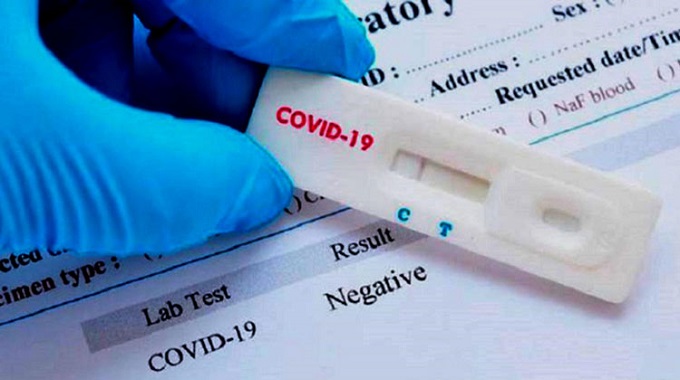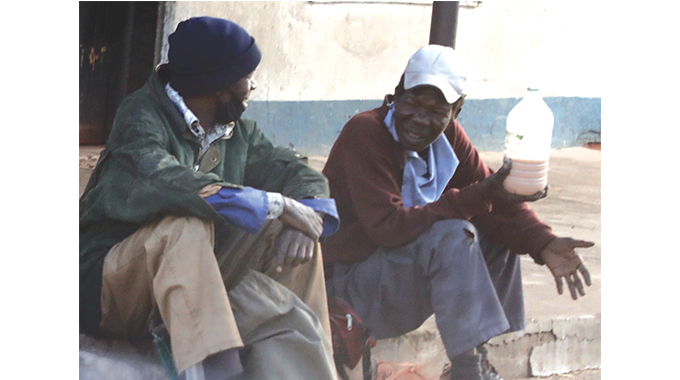Call to intensify Covid-19 testing

Thandeka Moyo-Ndlovu, Health Reporter
WOMEN’s organisations have raised concern over the growing number of local Covid-19 transmission cases and called for intensified community testing to establish the exact number of infected people. According to the Women’s Coalition of Zimbabwe (WCoZ) which represents several organisations, limited community testing could make it difficult for authorities to come up with accurate Covid-19 prevalence in Zimbabwe.
The organisation also said Covid-19 testing should also be extended to the public sector to protect members of the public from contracting the disease which has killed 104 Zimbabweans since its outbreak on March 20.
In a statement, WCoZ said the relaxation in observing social distancing particularly in rural areas and high-density suburbs countrywide would lead to a rise of local transmissions.
“Distressed by the growing statistics on community transmission showing that as at 4 August 2020, of the 4 221 cumulative cases, 3 128 of these are local transmissions, we recognise the urgent need to intensify community mass testing and contact tracing.
In the absence of mass community testing and public accounting for local transmission case-tracing, we continue to raise queries on the appropriate reflection of the Covid-19 pandemic prevalence in Zimbabwe,” said WCoZ.
“We reinforce our call for an advanced test strategy which ensures community mass testing and also in the public sector. We further urge the Government to give a long outstanding report on the tracing of contacts of all the local transmission cases thus far and to appropriately inform the applicable communities.”
WCoZ also called for the establishment of protection guidelines and dissemination of information in the 16 National Languages to enable victims to report sexual violence within the quarantine and isolation centres.
“In order to ensure security and safeguarding of women and children, who are the most vulnerable sections of the population, there are critical measures that need to be established and implemented. This calls for accelerated safeguarding frameworks within the quarantine and isolation centres including training of staff on how to properly service different genders,” read the statement.
WCoZ said it was distressing to note that reports from its networks were indicating a relaxation in observing social distancing, particularly in the rural areas and high-density residential areas. It said reports also indicate that regardless of the curfew, certain community nightspots continue to operate illegally in connivance with enforcement officers.
The organisation added that the perennial shortage of water in some communities could lead to a rise of Covid-19 cases.
“Communities continue to face challenges in accessing adequate water and sanitation. We note that this global pandemic requires increased levels of hygiene and in particular, clean and safe potable water. We highlight the plight of women in Gweru, Bulawayo and other surrounding areas who have been placed under phenomenal strain as they seek to access water through other alternative means,” read the statement.
The organisation said there was an urgent need to come up with medium and long term water solutions as part of the Covid-19 response actions. “We also reiterate our demand for a comprehensive national approach and plan to address the chronic and persistent shortages of water in Zimbabwe’s communities.”— @thamamoe










Comments